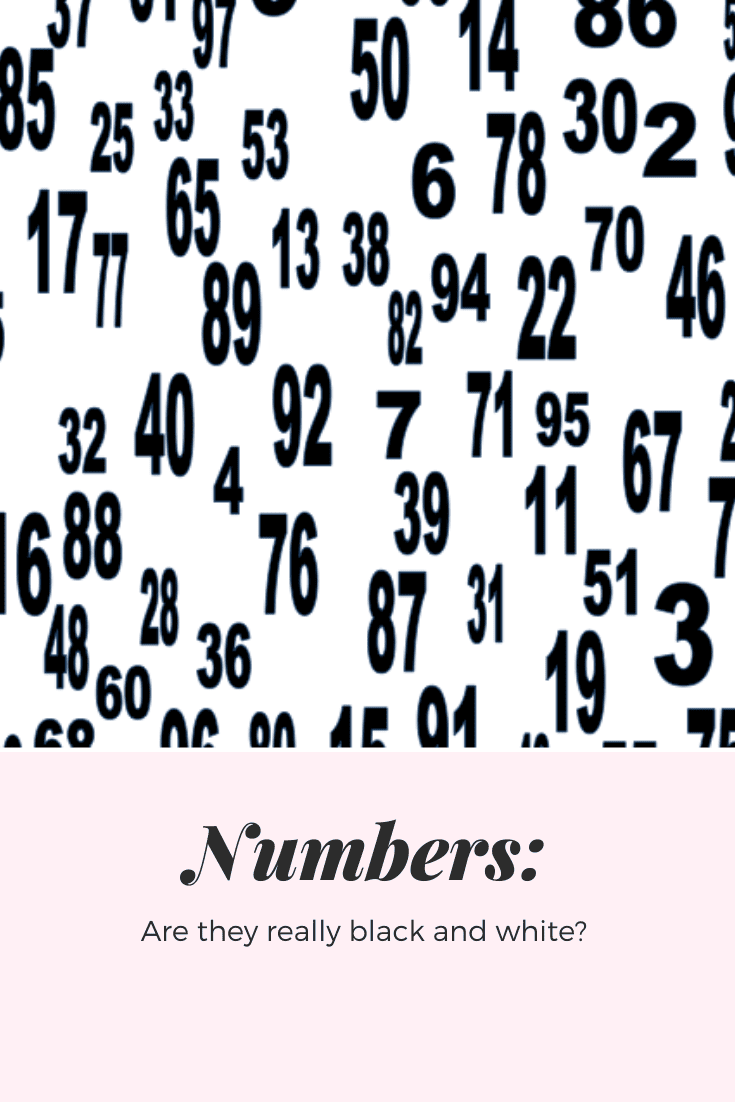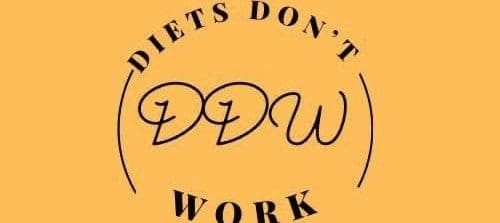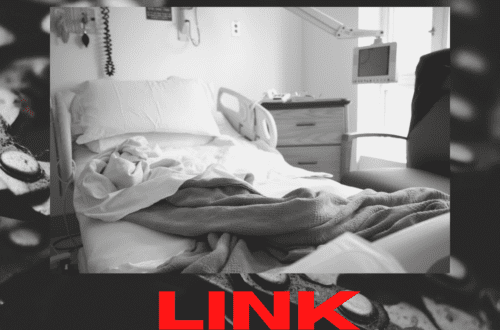
NUMBERS
I have always been obsessed with numbers. I have a knack for them, computing things in my head since I was a little girl. Maybe one good thing that I inherited from my dad was his aptitude for numbers. He taught me how to do instant calculations using certain tricks. Obviously, it came in handy for my chosen profession as an accountant. My skills as an accountant are top of the line.
However, when it comes to life, numbers play too much of an important role. Or at least they have in the past, and still do today to a certain extent. In high school and college, it was my GPA. As a teenager, it was my weight and clothing size—and it went on forever with weight and clothing size. I hated my weight; I hated the numbers on the tags of my clothing.
Numbers are easy to delineate; they are either right or wrong. A calculation is either correct or incorrect. Numbers are very black and white, positive or negative. The trouble comes when I let that black-or-white thinking play into my life. If I am a certain number, then I am good; if I’m not a certain number, then I am bad. I attribute my personal worth, whether I am a good person or a bad person, to particular numbers. However, I know now that numbers should not determine my morality or my values, but it is a hard thing to let go of. While my life certainly can’t be boiled down to just a bunch of numbers, my attitude towards so many things are based on the numbers in my life.
Is my weight good or bad?
Is the size I wear good or bad?
Did I take enough steps; have I exercised enough today?
Do I have enough money in the bank?
Am I being financially responsible with my money (a number)?
When do I turn off the calculations in my head? I know the calories in all the food I normally eat, and the quantities that pertain to each portion size. I have a mental calculator in my brain, so I don’t even have to write it down or look it up— I just know. I used to joke with my family that I would have no idea what color shirt someone had on, but if they had a number on it, I would be able to tell you that.
This kind of thinking is called black-and-white thinking, and with it comes many cognitive distortions. If you look at everything in extremes, (rich or poor, fail or pass, good or bad, etc.) there is no room for anything in between. None of us are absolute failures or successes; we all fall somewhere in the middle. Maybe there is one thing that I am successful at and another that I fail at, but with most things, I fall somewhere in between. However, neither of those things, success nor failure, define who we are.
When it came to my eating disorder, I was never good enough for anyone. (Right there is an example of black-and-white thinking—the word never). Those absolutes leave no room for anything else. Our minds gravitate toward the negative. That’s why thinking I will never be good enough for anyone kept me pushing toward some unrealistic ideal of who I was supposed to be, what I was supposed to look like, how much I should weigh, the amount of food that I should be eating, and the number of hours I should be exercising. All those things were done in extremes. Remember, the words “always” and “never” are key components of black-and-white thinking. Black-and-white thinking also brings out the perfectionist in us. I know that I’ve thought many times, “well if I cannot do that perfectly, then I won’t do it at all.” The perfectionist values success over everything else, or at least I did. I had to be perfect at my job, so I would work long hours and double- and triple-check my work. I always had to be the healthiest person in my circle, whether it was family, friends, etc. To me, being the “healthiest” meant being the smallest, the most fit, and only eating “healthy” foods. In pursuit of those ideals, my personal life suffered. I took no time for me, although I claimed that working out was “me” time. I did not go out with the very few friends I had because I was either working or at the gym, and I saw my family less and less.
What do we do if we find ourselves in this black-and-white thinking pattern? It is important that we recognize when we are doing it. If you find that you are using extremes when you describe something, think about where the middle is? It is not hot, but not cold either—maybe it’s tepid or lukewarm. Try changing the words you are using because our brains can be taught to see the middle. In treatment, I learned a concept called “The 3 Cs.” Catch it, challenge it, and change it. I can usually catch myself when I’m having a negative thought, and I can even challenge it, but most of the time I get stuck changing the thought. I am working on it though. Another concept you can try is when that thought comes up, sit down and write the thought out, and then list all the reasons why that statement is not true. You can overcome these thoughts if you remember that there is rarely any situation that is 100% certain. You may lose something on occasion, but that does not mean you are forgetful. You may make a mistake, but that does not mean you are a failure. Challenge the negative thoughts and ideas, and then change them. Learn to use the words “and” or “but.” For example, I could say that I am good at math, but I am not good at art. Or I could say I like a clean house, but I procrastinate too much.
For me, I need to let go of the control that numbers have over me. I need to realize that everything is not a positive or negative, and that there is room for grey. This black-and-white thinking has only produced negative consequences for me.
Where do you find yourself on this spectrum? Do you see yourself as someone who sees the grey in things, or do you tend to have black-or-white thoughts? I am trying to get to seeing the grey, and I have made progress over the years. However, I will say that when faced with a threatening situation, I revert right back to black-and-white thinking. I guess old coping skills die hard. Try to get out of the habit of using absolutes; it will improve your outlook on life and the world will not look so negative anymore. The world really does not revolve around numbers, despite how easy they are to define.
Let me know your thoughts in the comments.
Love,
Deb



